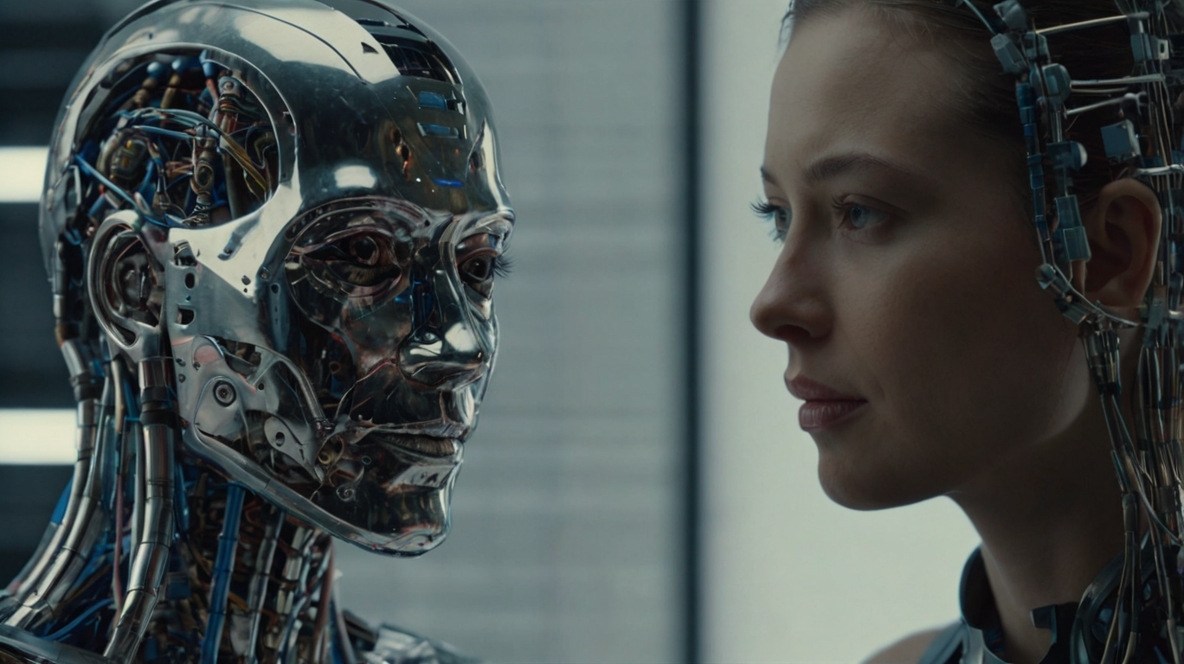
As Google celebrates its 19th anniversary and is one of the biggest search engines of the world, it is time we take a look at the beginnings of such knowledge indexing. For those of you who are not familiar with the inside workings of Google or any other search engine for that matter such as Yahoo, Bing etc etc we will try to explain it in a very plain, simple to use everyday language. This might not go down well with “experts” who want to make everything appear to be complicated perhaps to preserve their own “expertivity”, we belive in Dr Einstein who stated that “any fool can make things complex but it requires real intelligence to make it simple”.
The Search Engines
Basically search engines are nothing but a collection of information which is indexed in their databases. Whenever you ask anything to Uncle Google, he simply looks at the keywords and finds out which documents or web pages fit best as per the formulas (or algorithms) fed into it by the makers (Google developers and engineers). The search engine then displays an output of those pages or documents in a series which it considers in a decreasing order of importance.
This might seem simple but at the backend there is lot of code, algorithms, mathematics and huge computing resources like data centers, power etc that is being consumed. But dont worry even if Google is free it earns huge amounts of money by using this knowledge database from various things like advertisements and so forth.
The Origins
It is true that Google is a brain child or Sergey Brin and Larry Page but the concept was thought by people who lived as long back as a century in 1930s even if they did not have the current power of computing and networking technologies to provide the service in the form it exists today.
Shown above is the image of one such machine which was thought by a scientist named BP Otlet where to wanted to put all the knowledge available in the world and had punched more than 16 million entries into it and worked on integrating it with sound, movies etc. So you can see that it was something like an equivalent of the modern day multimedia which combines the various platforms and provides a unifying experience to the user.
Not only that it also had the feature of cross references which we know as hyperlinks today and which are the backbone of the world wide web and actually make the collection like a big web of interconnected documents
So on this day we not only appreciate the Google founders but also the original thinkers who thought about this decades ago, without the current day modern technology.
So enjoy and search around….







